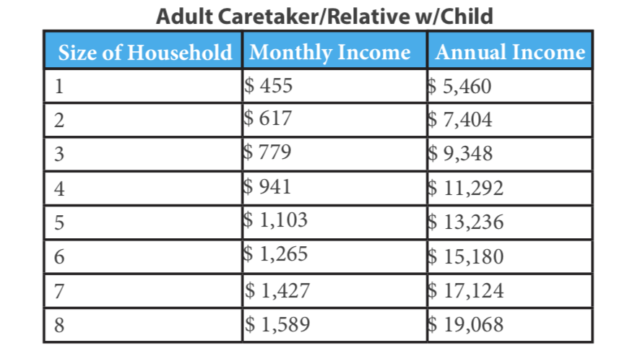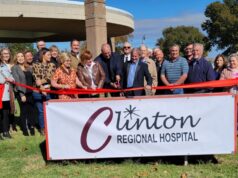

I am an Oklahoman who has been rejected for SoonerCare, and I have been asked to relay my experience.
From 2016 to 2018, I lived in Arkansas and was approved for Medicaid. As a single mother, I was grateful to be covered when I had an emergency appendix removal, as well as a scheduled gall bladder and ovary removal. You can read all about that experience in a previous article I wrote for NonDoc, Maybe Oklahoma’s poor who need Medicaid can move to Arkansas.
After recently moving back to Oklahoma, and because I am making the same monthly wage, I applied for SoonerCare by going online to okcha.org and filling out the application. I was honest in all my answers, checked all appropriate boxes and attached a letter from my employer verifying my income.
I was soon sent a letter stating that both my 4-year-old son and I were approved to receive SoonerCare. A week later, I received a letter stating that my son was still eligible to receive SoonerCare benefits but I had been denied. The letter cited a “failure to comply with child support services.” I had not, in fact, failed to comply. When filling out the application, I checked the box that declared my agreement to comply, and then I filled out all accompanying paperwork promptly and took it to the child support services office.
As a result, the letter confused me. I called the phone number provided and was told the box marked “I do not wish to comply with child support services” had been checked. I assured them that this was somehow a mistake, and they checked the correct box for me over the phone. Then the agent asked, “You make no income, correct?”
“That is not correct,” I said. In filling out the application, I had entered my income, place of employment and even uploaded a letter from my employer.
When I told the woman on the phone how much I make monthly, she informed me that I make too much to receive SoonerCare. Later, I received a new letter certifying my denial.
For an adult caretaker (that would be me), the maximum amount a household of two people can earn is $617 a month. A chart that outlines the eligibility and income guidelines can be found here.
Proof of eligibility could help SoonerCare
What struck me about this experience is that, in Arkansas, it was a slightly tedious process to prove my eligibility, but I was happy to do so in order to receive benefits. Arkansas offered a joint application for Medicaid and food assistance (SNAP benefits) that involved extensive income details — as I was self-employed — as well as snapshots of one’s lease agreement, utility bills, bank statements and any other pertinent information. The state handled both applications through the same office which seemed more efficient than Oklahoma’s process, which involves multiple applications to different agencies. Before a court ruled against it, Arkansas also required most recipients (there were some exclusions) to work at least 80 hours per month.
My Medicaid experience in Arkansas tells me that more can be done for the oversight of the Medicaid system in Oklahoma. At the same time, my Medicaid experience in Arkansas tells me that more deserving individuals could be helped by this necessary social benefit.
It should be noted that I work part-time here at NonDoc because it affords me the flexibility a single mother needs. I have sole custody of my son, and I am also finishing school. So a full-time job that might also provide benefits is really unattainable at this time. As a result, I moved back to Oklahoma for a job that offered the flexibility I needed and that plays to my strengths.
But owing to differing eligibility thresholds between Arkansas and Oklahoma, I traded away health insurance for those things. I do believe we can do more to support those individuals in Oklahoma that need and deserve SoonerCare, and I think an overhaul of the approval process would be a fine component of that.
Lastly, if you do not qualify, go to HealthCare.gov and apply for health coverage. I was able to acquire affordable insurance that way. While it will not be the financial savior that Arkansas Medicaid proved to be, I won’t have to pay entirely out of pocket if I need to have any more of my guts removed.
Fingers crossed.
(Update: This post was updated at 8:40 a.m. Tuesday, April 16, to reflect the author’s application experience in Arkansas more accurately.)




















